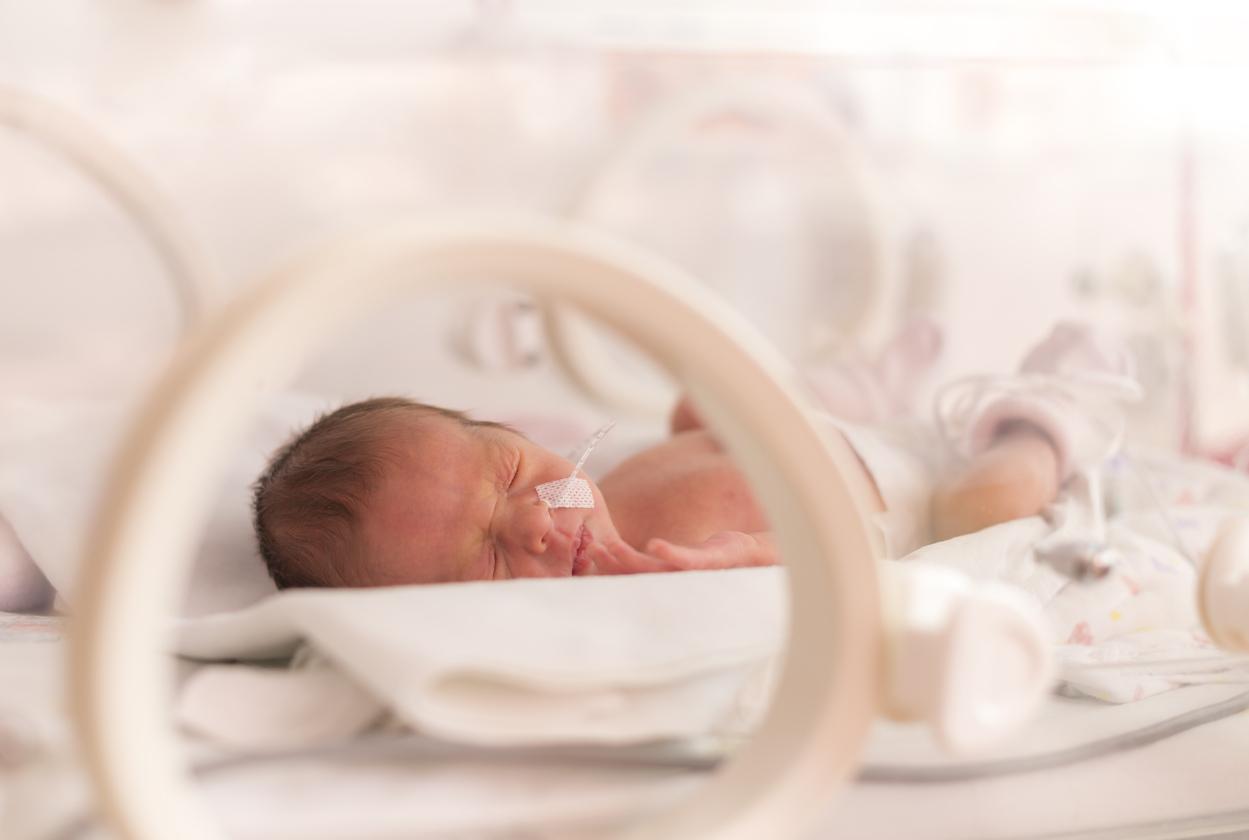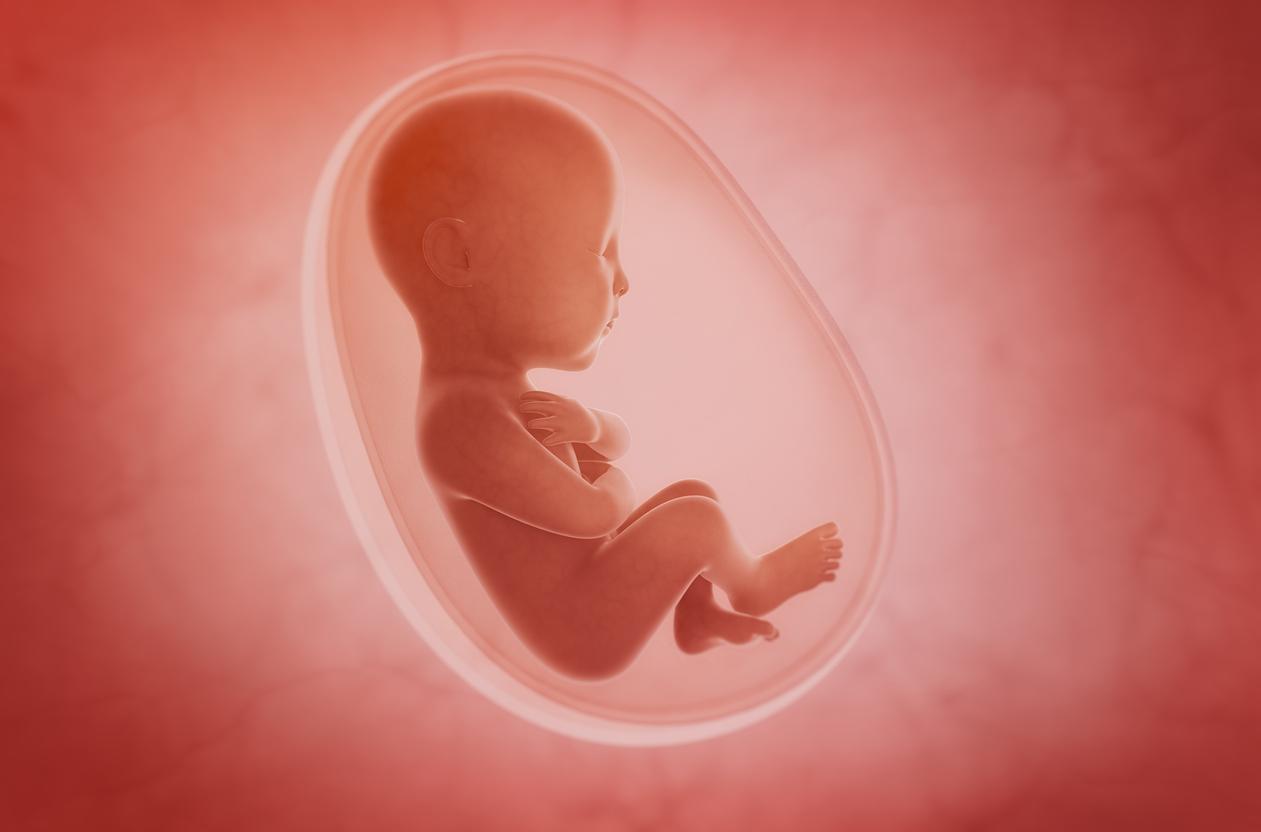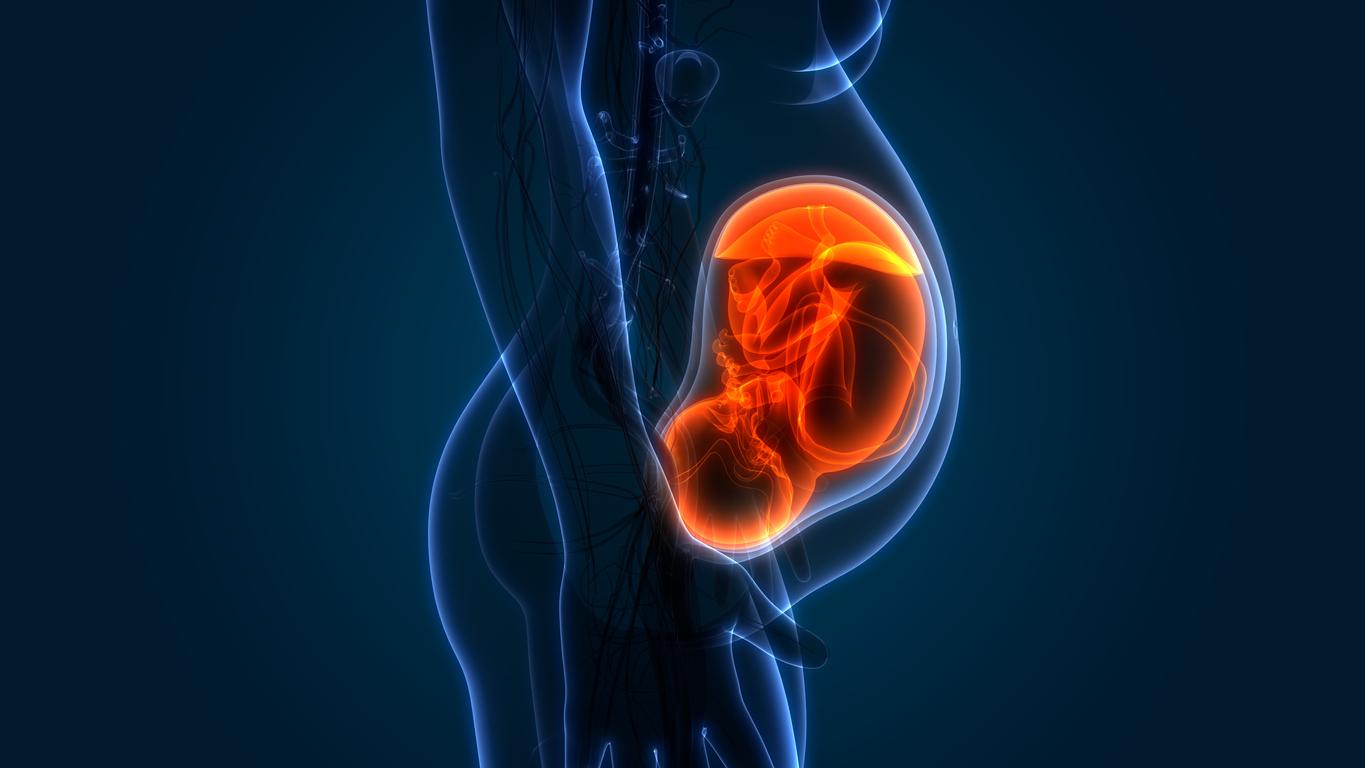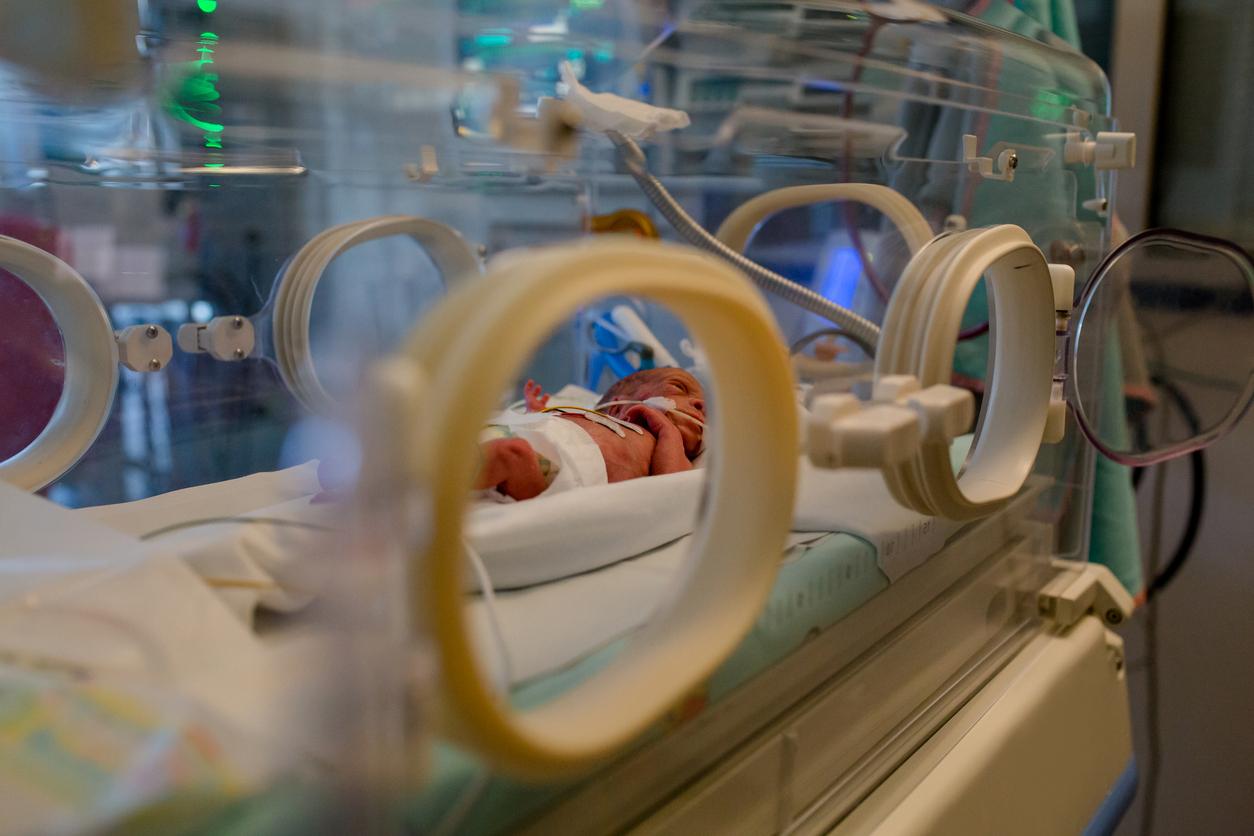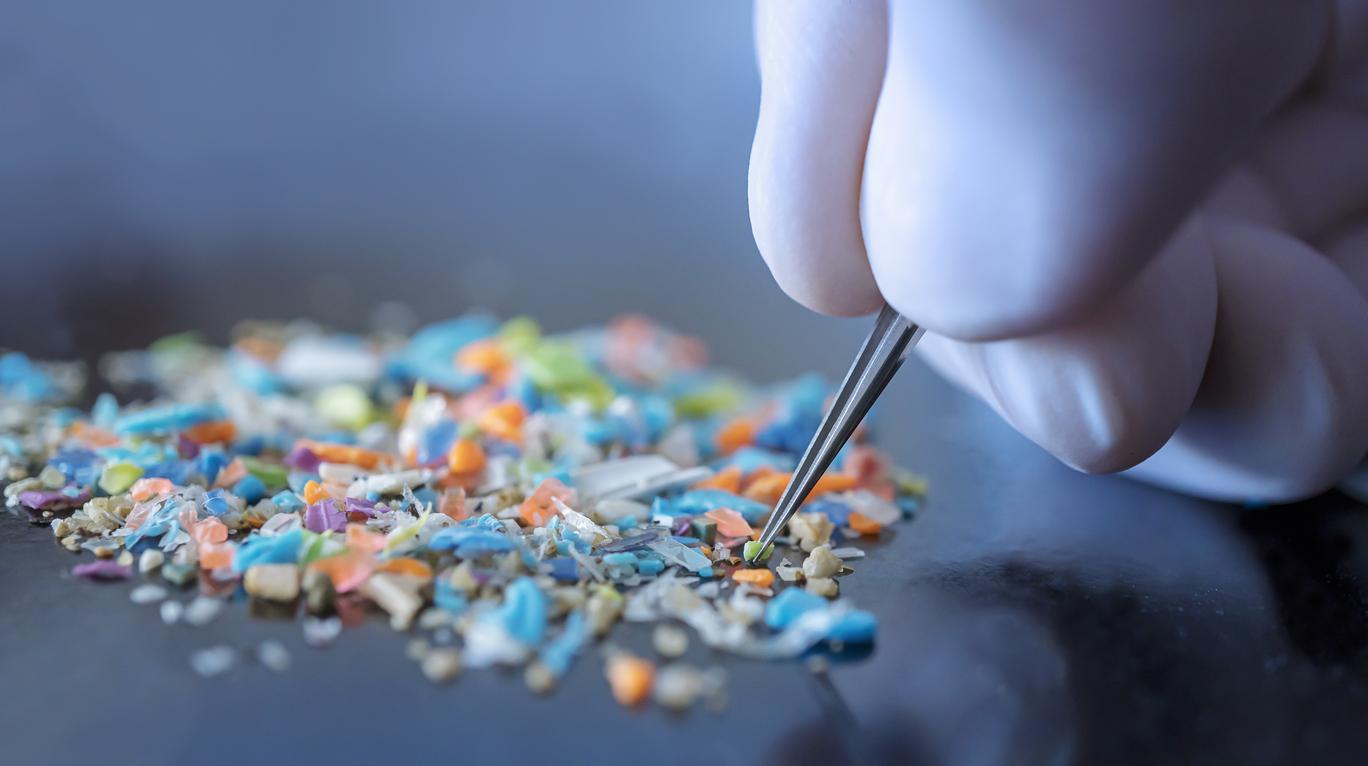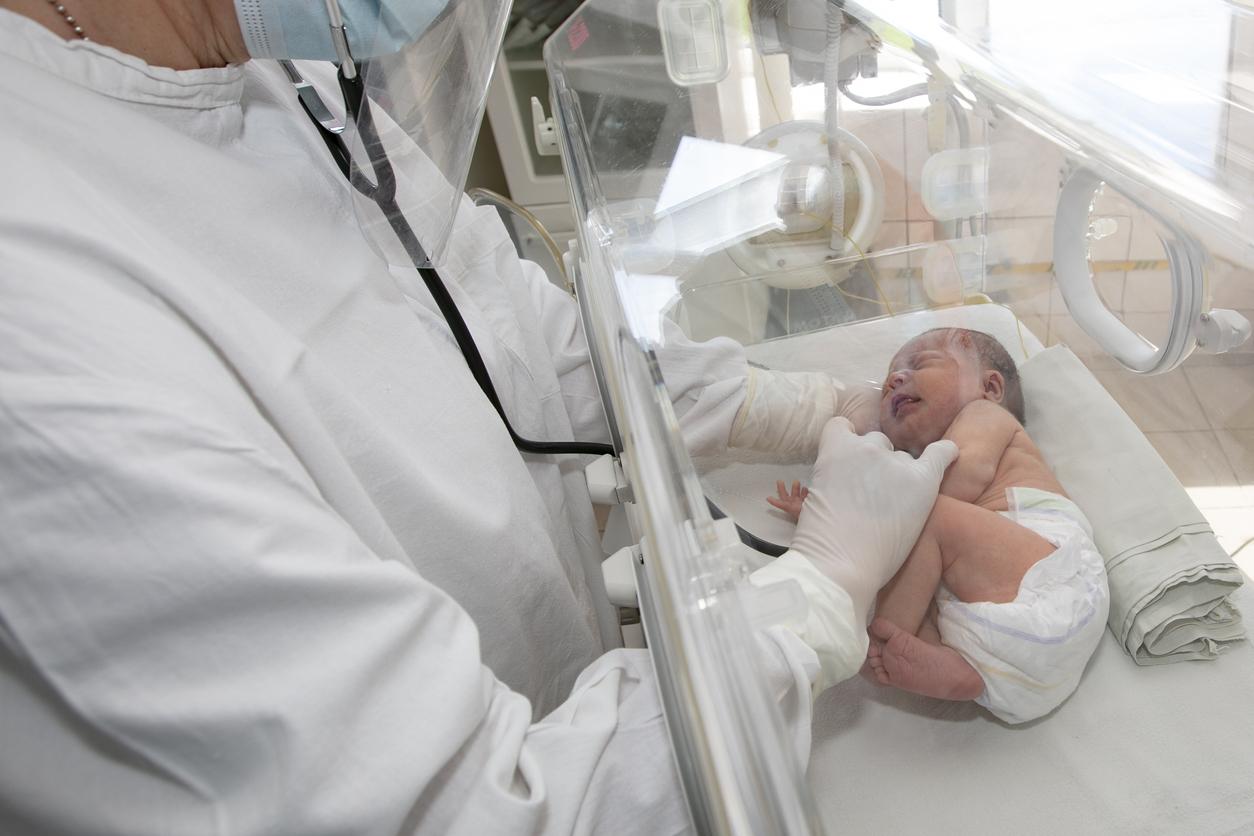According to a team of researchers from the College of Medicine at the University of Houston, Texas, the placenta, long considered sterile, harbors a bacterial community identical to that found in the mouth. These microbes, generally non-pathogenic, could be at the origin of certain pregnancy disorders, and in particular premature births.
Flora identical to that of our mouth
To reach this discovery, the researchers took samples of placental tissue from 320 women just after giving birth. They extracted DNA from it and found that the bacterial community present in the tissues was different in women who had had a premature labor as well as in women who had had an infection before (such as a urinary tract infection), even though this infection had been treated and cured.
They also discovered that this placental flora is identical to what we have in the mouth, which implies that the microbes travel from the mouth to the placenta through the blood. “And this confirms the supposed link between periodontal disease and premature births “emphasize the authors.
The University of Houston team will now investigate how women’s microbial flora changes during pregnancy. The objective is to be able to identify which women are at risk of premature birth in order to prevent complications at birth. Prevention could go through the establishment of a specific diet to boost the good bacteria present in the placenta.










